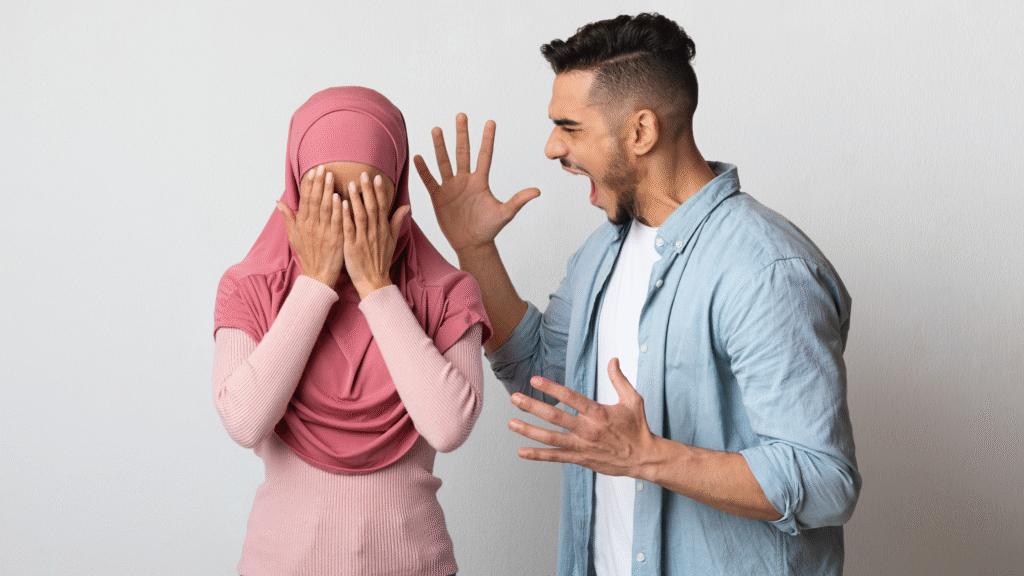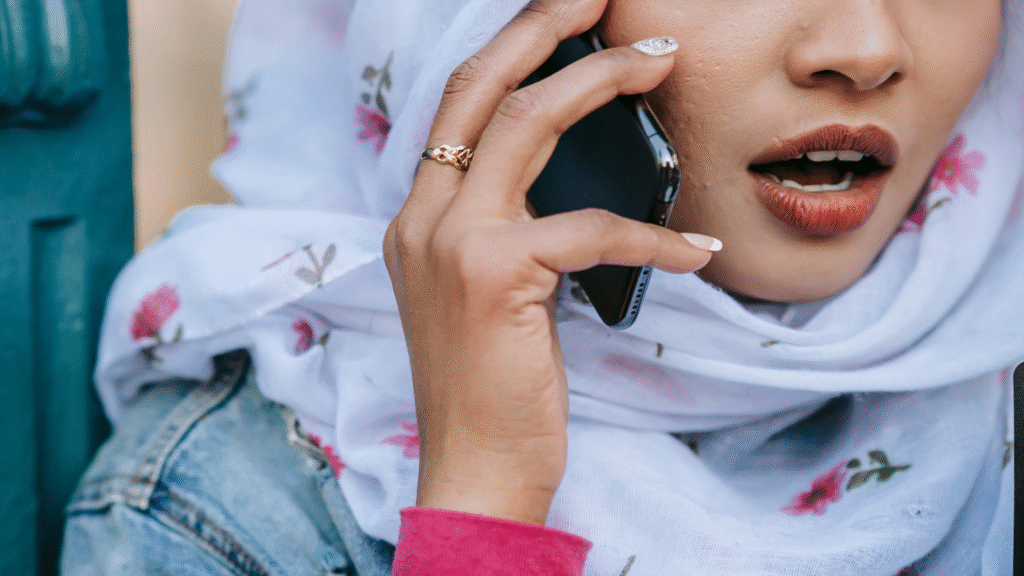When a Sacred Contract Becomes a Tool of Control
For many Muslim couples, a Nikah is a sacred promise, a contract rooted in faith, family, and love. But what happens when that promise is broken, and the Nikah itself becomes a tool of control? In these situations, Nikah and VAWA immigration protection intersect to provide survivors with a legal pathway to safety and independence.
In my work with immigrant women, I have seen how some abusers use the Nikah to trap their spouses. They refuse to register the marriage with the state, leaving their partner without legal recognition. They withhold the mahr or twist its meaning. They manipulate religious obligations to silence or intimidate. And for immigrant women, the stakes are even higher, because immigration status is often tied to marriage.
Here’s the truth: even if your marriage is only religious, you are not powerless.
How VAWA Protects Survivors in Religious Marriages

Under U.S. law, the Violence Against Women Act (VAWA) allows survivors of abuse to seek immigration protection without relying on their spouse. Whether or not your marriage was registered with the state, if you can show that you entered into the marriage in good faith and suffered abuse, you may qualify.
VAWA covers far more than physical violence. Emotional abuse, threats, financial control, isolation, and intimidation are all recognized as forms of abuse. If your spouse uses the Nikah to control your freedom, your immigration status, or your children, you may still have a legal path forward.
For example, I have worked with women whose husbands refused to give them civil marriage licenses after the Nikah, hoping to keep them undocumented and dependent. Others were threatened with “divorce” under religious rules if they did not obey, while being told they had no rights in America. These women came to us broken and fearful, but they left with VAWA approvals, work permits, and eventually, permanent residency.
Legal Realities of VAWA in Religious Marriages
VAWA was created in 1994 to ensure that survivors of domestic abuse, regardless of their immigration status, have a way to seek protection and independence. Since its passage, thousands of immigrant women have used it to gain safety, legal status, and the ability to work without relying on their abusers. According to USCIS, VAWA petitions are designed to protect victims who have suffered abuse from a U.S. citizen or lawful permanent resident spouse, parent, or child. Importantly, the law applies even if the marriage is religious or unregistered, provided the immigrant spouse believed in good faith that the marriage was valid.
This is particularly relevant in cases involving Nikah contracts. While U.S. courts may not recognize a religious-only marriage for civil benefits, immigration law recognizes that abuse can occur in these relationships. That means survivors can still petition under VAWA. Advocates note that VAWA has been especially significant for Muslim women, many of whom face not only domestic abuse but also cultural or community pressure to stay silent.
Beyond legal relief, VAWA also provides access to work authorization, pathways to permanent residency, and, in some cases, access to federal benefits. For survivors whose abusers try to exploit the lack of a civil marriage certificate, VAWA serves as a lifeline, affirming that protection is not tied to paperwork but to the survivor’s right to live free from harm.
Conclusion: Safety Beyond the Nikah

The Nikah may be sacred, but no contract, religious or otherwise, can take away your right to safety. If you are trapped in a relationship where your faith is being used against you, remember that the law is on your side. VAWA exists to protect you, and with the right guidance, you can build a safe and independent future.
At Qazi Law Offices, we are committed to helping survivors navigate these difficult situations with compassion and strength. If you or someone you know is facing abuse tied to a Nikah or any other religious marriage, call us today at 630-504-0648 or schedule a confidential consultation with Attorney Farrah.
Sign Up for Our Newsletter: Receive weekly immigration news and free toolkits.
Follow us on social media to stay informed:
Facebook: Qazi Law Offices
Instagram: Abogada Farrah Qazi
LinkedIn: Qazi Law Offices
You do not have to face this alone. With courage, the right support, and the power of the law, you can reclaim your freedom and your future.

